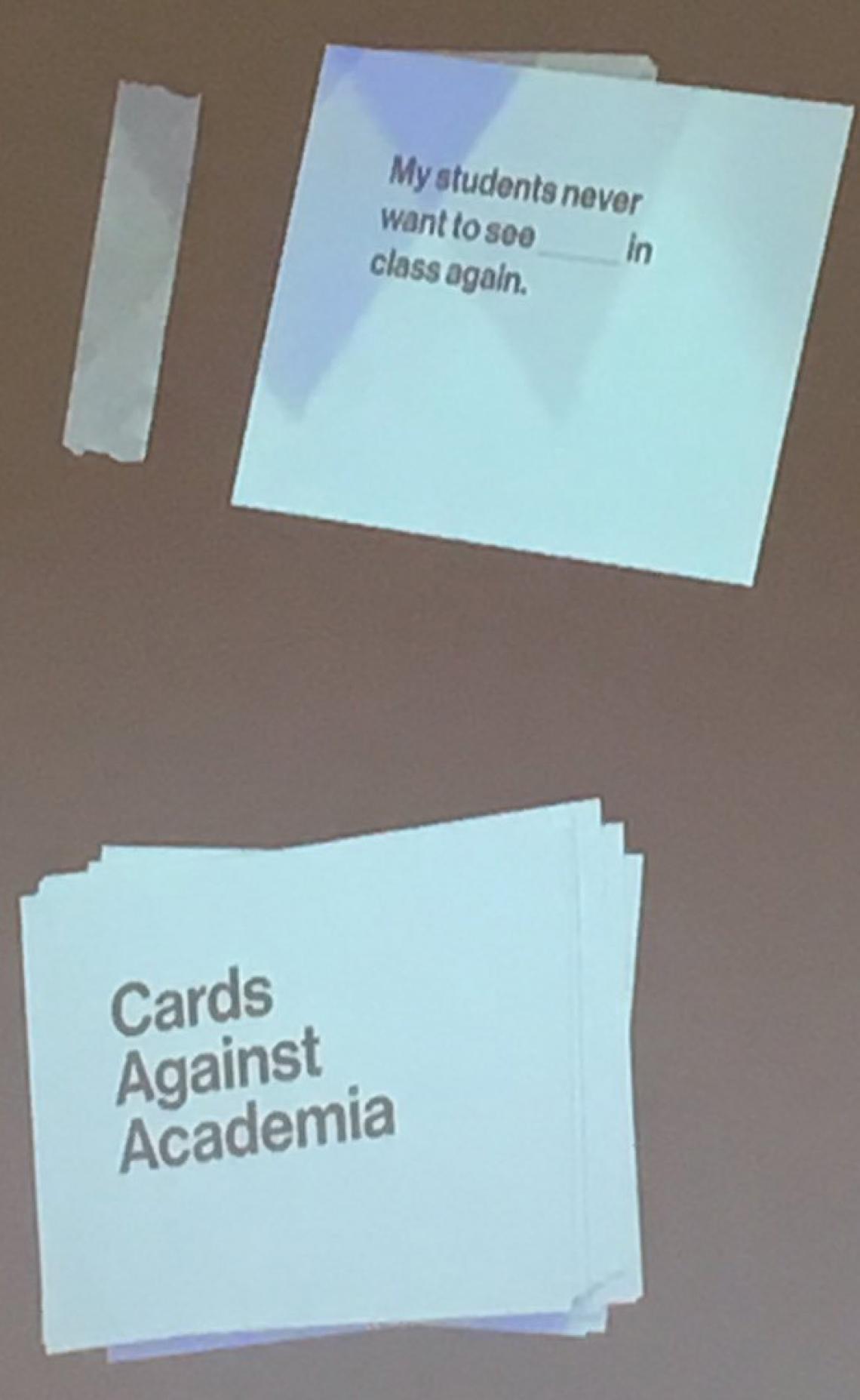Every year, members of the Northwestern IT Teaching and Learning Technologies team attend InstructureCon, an annual conference presented by Canvas provider Instructure, in order to keep up with new features and changes to Canvas; to stay abreast of development projects and innovative uses of Canvas by peer institutions; and to gain fresh insights and make connections. InstructureCon 2019 was held in Long Beach, California, from July 9 to 11. Below are recaps of some of the most interesting sessions attended by team members at this year’s InstructureCon:
Canvas Data and Analytics
Erin Green, Learning Technologist Lead
During the “Canvas Data and Analytics: Supporting the Vision of Data-Informed Education” session, Instructure’s Kevin Turco discussed plans for the Analytics Beta tool in Canvas moving forward; uses for Canvas Data; and Instructure’s policies and procedures around data and analytics development. Creating a “data-informed” environment within Canvas means that all data is presented in context, with clear definitions provided, and that student data and course data are intended to be used in combination with the expert knowledge held by the instructor.
The Analytics Beta tool is currently available within Canvas at Northwestern for instructors. To enable the tool and access Analytics Beta, go to Settings within your course; select the Navigation tab; move the Analytics Beta link from the disabled area to the enabled area; and click Save. To learn more about Analytics Beta, see the Canvas Guide “What is Analytics Beta?” Analytics Beta currently offers two main features for instructors, Course Grade and Weekly Online Activity.
Blueprint
Victoria Getis, Director of Teaching and Learning Technologies
Ever heard of Blueprint Courses? Bet you haven’t. A small group of faculty at Northwestern have begun exploring what this Canvas feature can do for their classes, so learning more about its functions was a goal for my attendance at InstructureCon. The sessions I went to were very useful, as they drove home the point that this can be a powerful tool.
Blueprint courses are essentially “master” courses. You can create content, quizzes, assignments, and so forth in the Blueprint course, then associate other courses with the Blueprint. When you associate the other courses—from one course to a thousand—the information in the Blueprint course is sent to the associated courses. When you update the blueprint course, the updates are passed along to the associated courses. You can restrict the ability of instructors to modify the content in their associated courses or give them free rein over the material; their changes will not be overwritten by the Blueprint course the next time it is synced.At Northwestern, a group of faculty are exploring creating common content—mostly material about navigating the university as a first-year student—in a Blueprint course and pushing it to associated courses where the instructors of those courses will have the option of using the content, modifying it to meet their own ends, or not using it at all. This will give the students in a common set of courses exposure to the same material. The first experiment will run during fall 2019. Feedback from faculty and students involved will help to determine the use of Blueprint courses at Northwestern.
Hack Night
Jacob Collins, Senior Software Developer
I arrived at the Hack Night having rarely attended a “hack-a-thon” or “hack night.” This is somewhat rare for a developer, but in my experience, hack sessions tend to be filled with a crowd of people trying to prove they are the smartest person in the room. However, with some convincing, I attended the InstructureCon 2019 Hack Night. I expected a room of developers pounding Code Red with Matrix-themed Linux terminals furiously typing away, but what I actually saw was an amazing collaboration between the engineers/developers at Instructure discussing pain points and improvements with engineers and developers from the attending universities.
I went to the GraphQL table first. GraphQL is a new way to interact with data within Canvas. Seated at the table was the head developer for GraphQL at Instructure who was coding away on something. During a break, I learned that an engineer from another school had asked if accounts data could be added to GraphQL. The Instructure engineer added it right there. I then asked about adding discussions; he quickly added it to his to-do list. I spoke with several Instructure engineers throughout the night, most of which asked if I wrote software in Ruby—which, sadly, I don’t. However, if I did, they would have allowed me to write some code that they could later approve and add into the Canvas codebase. It was a remarkable experience and I would certainly attend an InstructureCon Hack Night again. Perhaps next year I’ll take some courses in Ruby and get my hands dirty.
Hack night!! #InstCon pic.twitter.com/G4WAmkusNr
— Kona Jones (@KonaRJones) July 11, 2019
Open Course Design
Matthew Aron, Blended Curriculum Lead
One of the most practical presentations I saw at InstructureCon was Suzanne Wakim’s “OXO: When Open Meets Online.” It focused on the benefits of open pedagogy in online course design. Wakim coordinates open educational resources (OER), distance education, and student learning outcomes at Butte College in Oroville, California. Wakim also teaches biology and maintains a resource-rich website called Review of Online Learning Aids. Her session focused on the key takeaways and best practices she’s picked up from the California Virtual Campus-Online Education Initiative course design rubric and teaching online at a community college. While tips included thoughtful ways to reuse and remix OER materials and leverage freely available tools, a key underlining principle was that effectively and efficiently using Canvas tools and organizing materials allows students to focus on what really matters. They then have more energy to spend on learning the material and doing authentic work.
Excellent #Instcon presentation by @SuzanneWakim on "OXO: When Open Meets Online" about incorporating OER into your course in ways that support student learning as described in the @CVCOEI Course Design Rubric. #CCCLearn pic.twitter.com/YBCHdx7WRl
— Autumn Bell (@AutumnJBell) July 11, 2019
Cards Against Academia
Reginald C. Jackson, Senior Learning Engineer
Our colleague Matthew Aron presented a fun and interactive session that showcased the game Cards Against Academia to a packed audience in his session, “Flipping Cards & Flipping Classrooms: Getting Your Faculty to Network Through Play.” Cards Against Academia is a riff on the Cards Against Humanity game, but with a teaching and learning angle. Matthew used his session to highlight the work that the Teaching and Learning Technologies staff do throughout the year followed by volunteers from the audience playing the game. It was a great platform to showcase the work we do as well as entertain the audience with a round of the game, which can be alternately absurd and insightful in equal measure.


